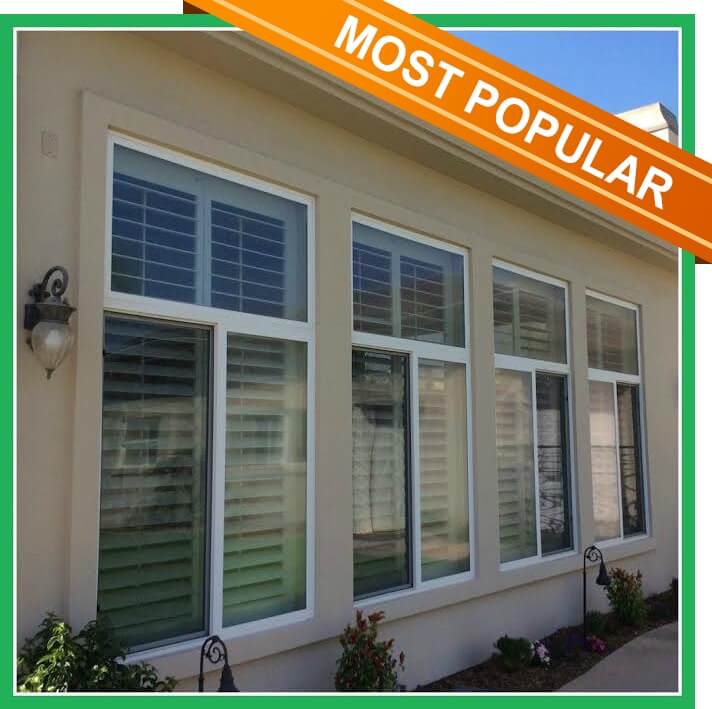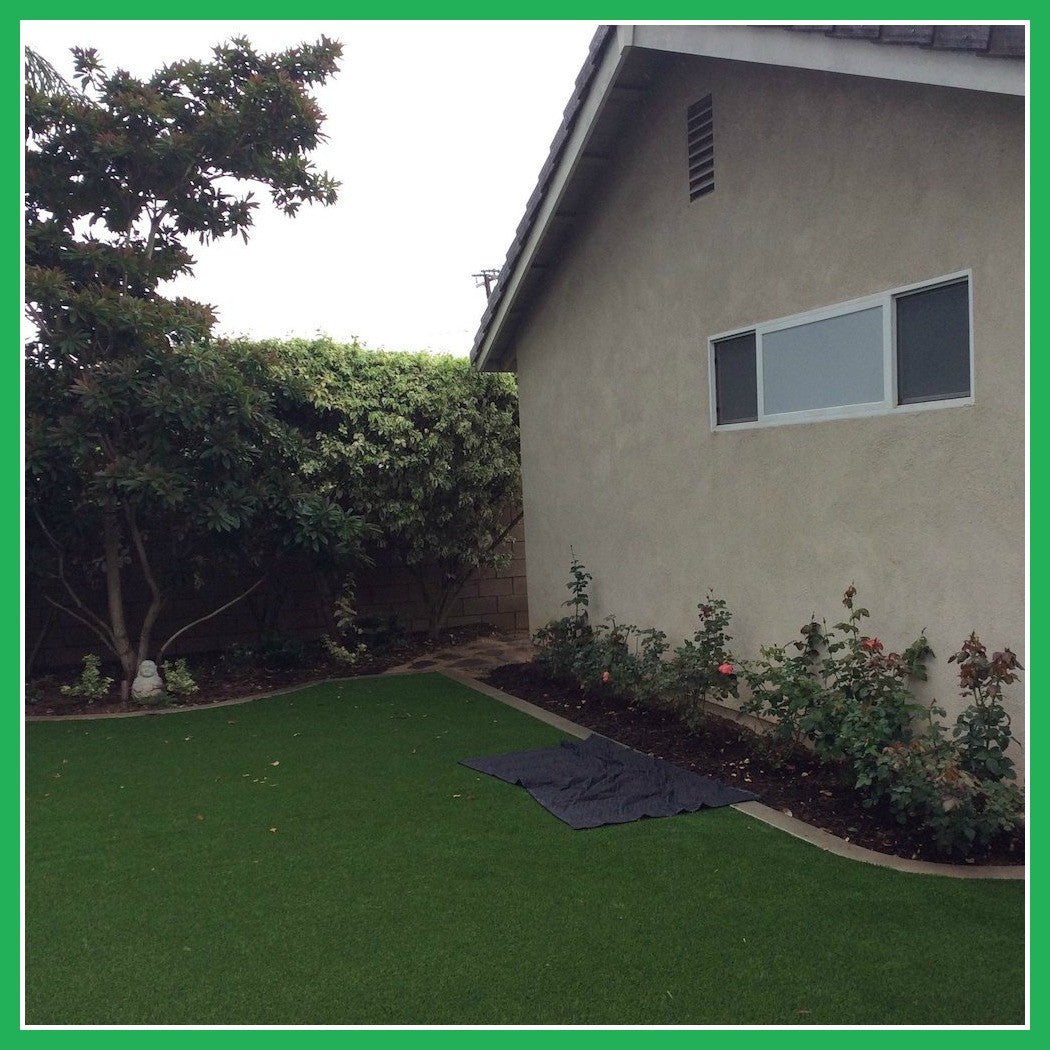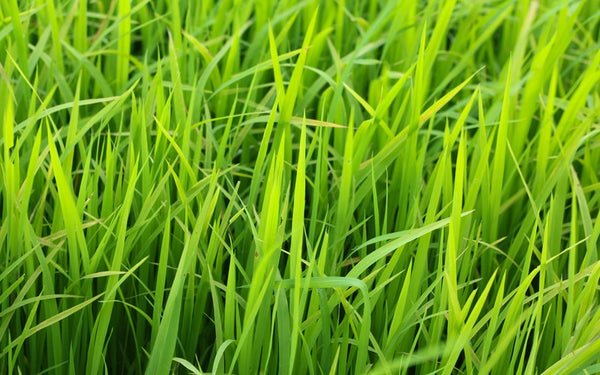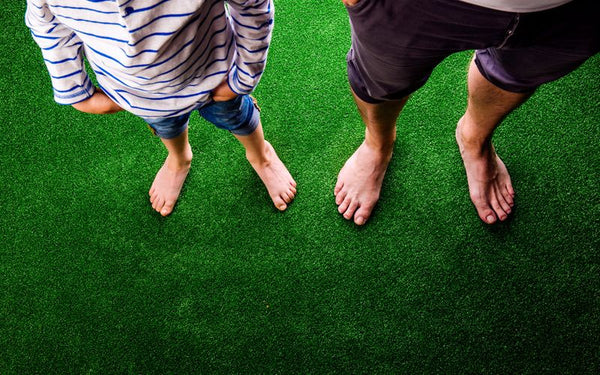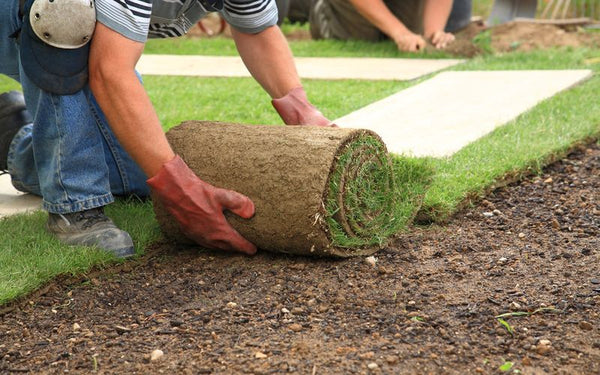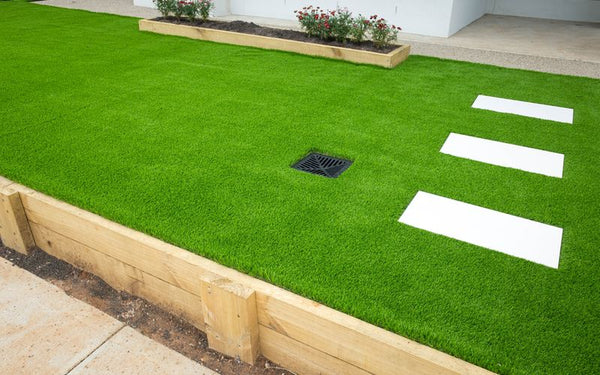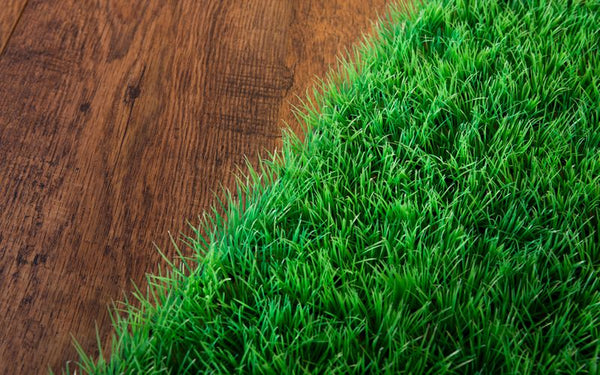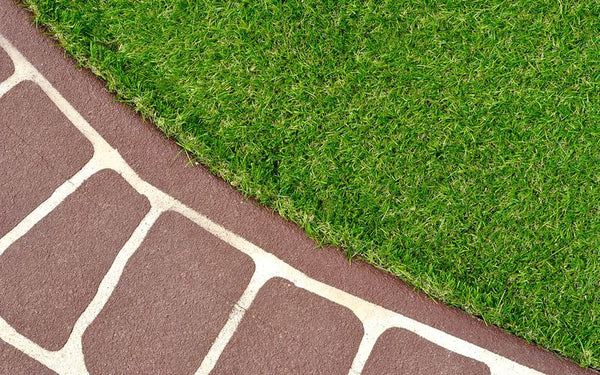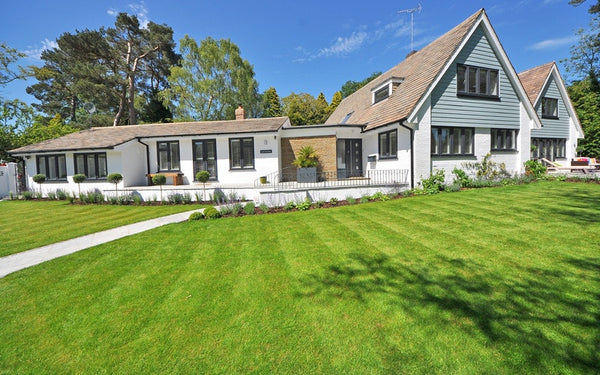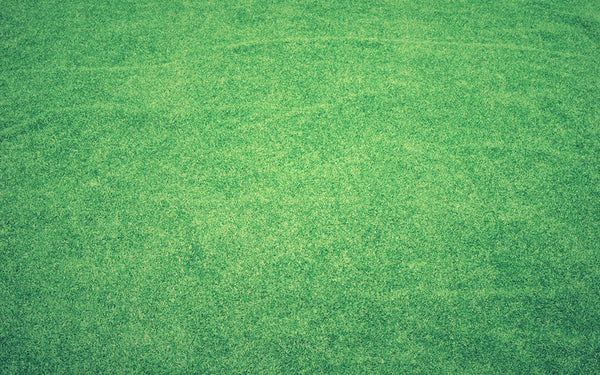When it comes to artificial turf grass warranties, UV instability, damages caused by the sun’s reflection, and artificial turf melting are not usually covered. As a result, those who are looking to start artificial turf landscaping may have to think twice.
Why Does Artificial Grass Melting Not Covered By the Warranty?
Manufacturers and installers would explicitly state in the contract that artificial turf melting is not covered alongside vandalism, abuse, accidents, and natural disasters such as catastrophes, floods, and earthquakes. Furthermore, the warranty does not also cover any damages caused by improper cleaning methods.
With that being said, the sun’s intense heat will most likely fall under natural circumstances. The reflection of the sun’s heat off any surfaces is out of the manufacturers’ control which causes panic and worries among owners of grass plastic.
Fake outdoor grass and backyard turf are not necessarily designed to fade easily. If there are any defects, the company would normally be responsible for replacing them; however, warranties do not include artificial turf melting.
With the constant overexposure of your fake grass lawn to the intense reflection of the sun’s heat, it is possible that it will melt and fade. However, the warranty does not apply if the cause of the melting is the sun’s reflection.
Since this has caused several lawsuits in the past years, turf owners are becoming wildly concerned regarding any external and uncontrollable factors that may result in the melting of their artificial grass.
How to Prevent the Sun’s Heat From Melting Your Artificial Grass?
When you first have your artificial grass lawn installed, the contractor or installer would typically scan the surrounding area for any possible threats of melting or discoloration. This would include pointing out reflective surfaces that may potentially harm your artificial turf lawn.
It is best to mark the area where the sun’s heat would hit and watch out for any fading, melting, or discoloration that may happen. If unfortunate case happens, you can opt to repair or resurface your artificial turf lawn.
But this has not always been the best solution for most turf owners since you have to constantly pay for the repair and resurface costs whenever your artificial grass melts. The best way to go about it is to stop the problem before it happens.
Installing clear perforated window film will not only minimize the bouncing off of the sun’s heat, but it will also prevent artificial turf melting without hurting your bank account.

